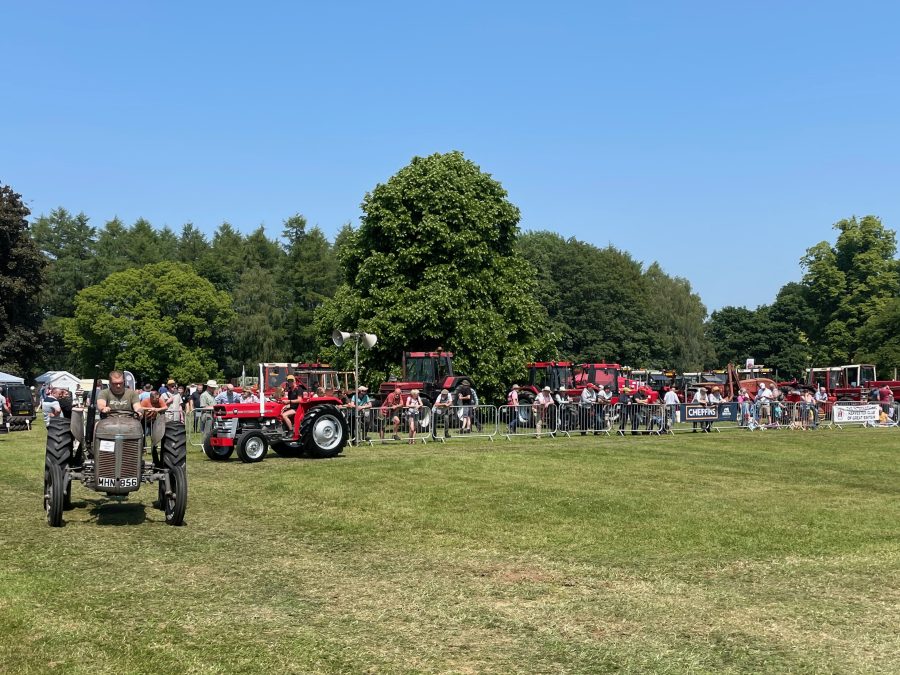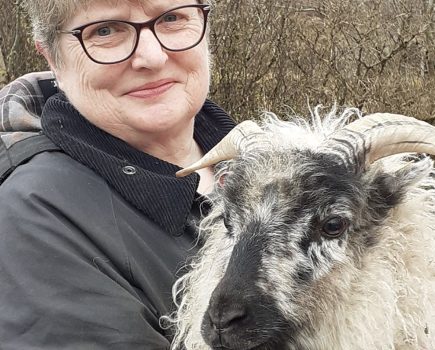Agricultural journalist, smallholder and Editor of the Ferguson Heritage Magazine, Jane Brooks, joins us for her regular look at the world of agricultural machinery. This month she looks into the world of tractor collectors.
If you’ve ever spent time at a vintage tractor show, or watched the tractor parade at your local agricultural show, then you probably already know how passionate most exhibitors are about their machinery. These old tractors have played a more than memorable role in the history of our countryside, right from the very first traction engines, through two world wars and the mechanisation of food production throughout the world, so what’s not to celebrate?
There’s no official record of the number of tractor collectors, but interest is global, it’s a hobby that continues to grow, it’s a connection to the past, often memories of a farming childhood, or even a Christmas gift of Britain’s farm models lead to an enduring love of collecting and if a tractor that Dad drove comes up for sale, then that can be the start of a collection. It gets brought, restored, maybe used even if it only to take it to the local show, then another comes along and another, before you know it there’s a collection of tractor’s living in your shed, or garden, or even amongst your modern farm machinery.
Of course, as well as the nostalgic value attached to some of these tractors, fundamental mechanical design hasn’t changed that dramatically since the 1970s and 80s, whereas modern tractors are incredibly sophisticated, and expensive machines. Really, using the same basic principles, a 40-year-old tractor essentially does the same job as a modern one, at a fraction of the cost, holds its value and you don’t need to call out the local dealerships techno brain to carry out repairs. So, you can also add into the mix working farmers and smallholders looking for mechanically robust machines, that are reliable, don’t have a dash full of complicated electronics and can be repaired by a local agricultural engineer or in some cases by a reasonably knowledgeable owner and it’s easy to see why second-hand tractor prices have rocketed.
DEMAND FOR CLASSIC TRACTORS
In fact, over the last couple of years there has been a real surge in demand, particularly for more modern classic tractors, which are unlikely to depreciate in forthcoming years and in fact, may appreciate. Unlike new machines, which have a tendency to go down in value. Currently tractors from the 1970s, 1980s and 1990s are really taking off, as younger generations of farmers and collectors are looking to buy the makes and models they may have used when they first started working on farms, or those which remind them of their childhood.
This article extract was taken from the November edition of The Country Smallholder magazine. To read the article in full you can buy the issue here.
To receive regular copies of The Country Smallholder magazine featuring more articles like this, subscribe here.
For FREE updates from the world of smallholding, sign up for The Country Smallholder newsletter here.








